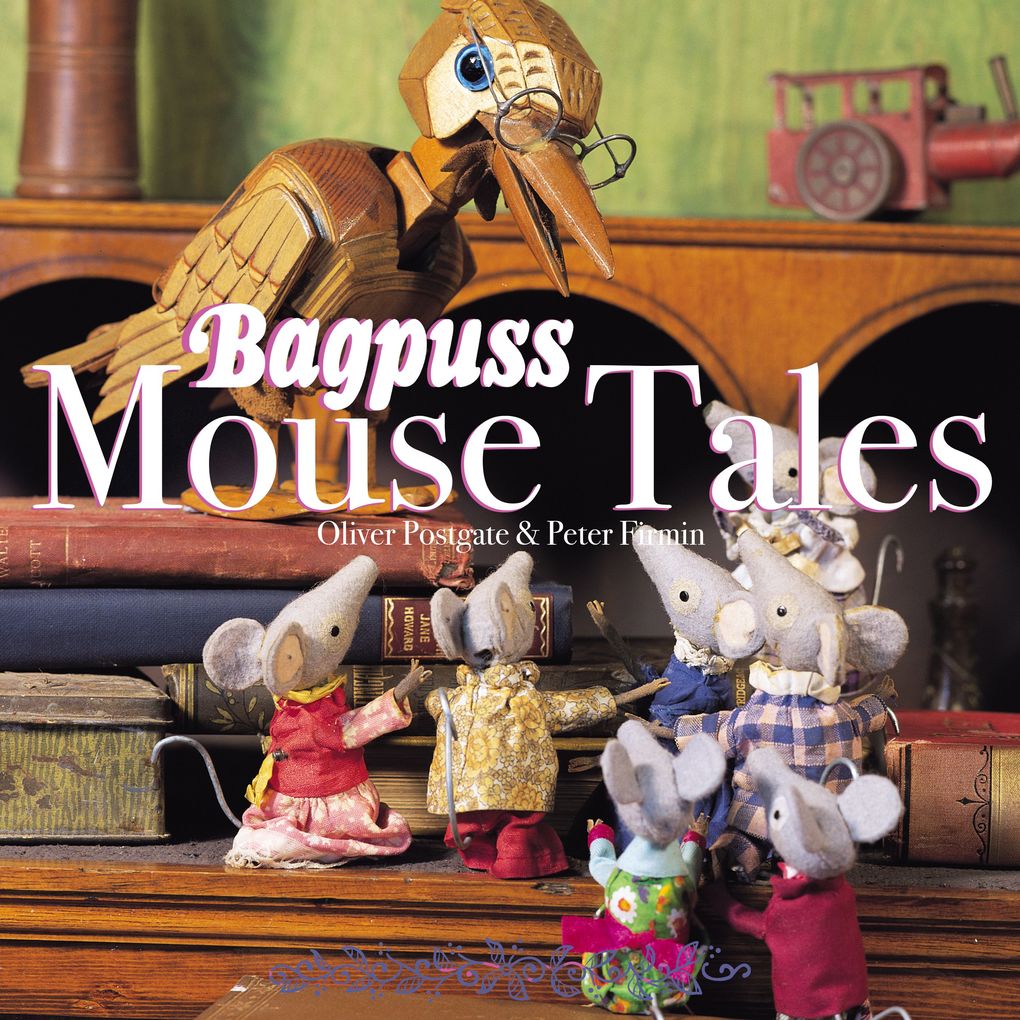One advantage to being born in the 1970s was the sheer abundance of good kids' TV on offer. This was the golden age between clunky black and white offerings like Muffin the Mule, and the creeping vapidity of later shows like Teletubbies or The Care Bears. It gave us Camberwick Green, The Magic Roundabout, Captain Pugwash, Mister Benn (and the Mister Men), The Clangers, Playaway, Hector's House, Fingerbobs, Tiswas, The Muppet Show, Ivor the Engine, and Basil Brush not forgetting the holy trinity of Mary, Mungo and Midge.
Did we hit the jackpot, or what? As my daughter, aged 11, prepares to leave her own childhood, I've been rewatching a few of them. The first is Pipkins the pre-lunch show by ATV that ran from 1973 to 1981 and gave us the antics of a hare, a pig, a monkey and a tortoise (not forgetting Octavia the Ostrich), all sharing an urban house together. In 15 minutes or so, the show gave you plenty: jokes, a song, a poem, a playlet, and lots of horseplay between the characters. But best of all, you got Hartley Hare. Hartley, with his posh, prissy delivery and frequent asides to camera, was gossipy, witty, grandiose, self-pitying, egocentric, flirtatious, backstabbing and utterly beguiling. Voiced by Nigel Plaskitt, he was probably the juiciest personality on children's TV (with only Basil Brush for competition) and a preparation for characters later on, when you were older, like Richard E. Grant's Withnail or Rik in The Young Ones both of whom Hartley more than a little resembled.
No real aggro entered this world: a postman's sack snagged on a windmill's sail, a mayor's hat got stuck up a tree, and it was all quite dramatic enough for a child. Along with Trumpton's wonderfully rhythmical roll call of firemen 'Pugh! Pugh! Barney McGrew! Cuthbert! Dibble! Grub!' the two series had catchy tunes and song lyrics, usually backed by a classical guitar (an instrument having a field day in the early 1970s). All was helped along by narrator Brian Cant, chosen by Murray writer Tim Worthington tells us in his splendid Golden Age of Children's TV because he sounded like a 'storytelling young father'.
But the programme that really haunts me (and probably you) is Oliver Postgate's Bagpuss, a show as original as its creator. Postgate grew up staggeringly well connected: his father was the food critic Raymond Postgate, his grandfather Labour leader George Lansbury, his uncle the economist G. D. H. Cole though it didn't help him much. Initially, he seems to have been a jack-of-all-trades: aspiring inventor, toy designer, button manufacturer, failed writer, failed artist, failed actor. But it was when he wrote a children's programme for Associated-Rediffusion (the forgotten Alexander the Mouse) and subsequently discovered stop-motion photography that his career really took off: 'My body, which always understood much better what was going on than my head, was dancing about, sending up waves of idiotic delight and conjecture. "This way," it shouted, "you could make whole worlds, complete places full of people, and with your love you can give them life!"'
He duly did so creating Ivor the Engine, Noggin the Nog, The Clangers but Bagpuss was his masterpiece. Filmed in a Kent barn, with puppets and sets designed by coll




























